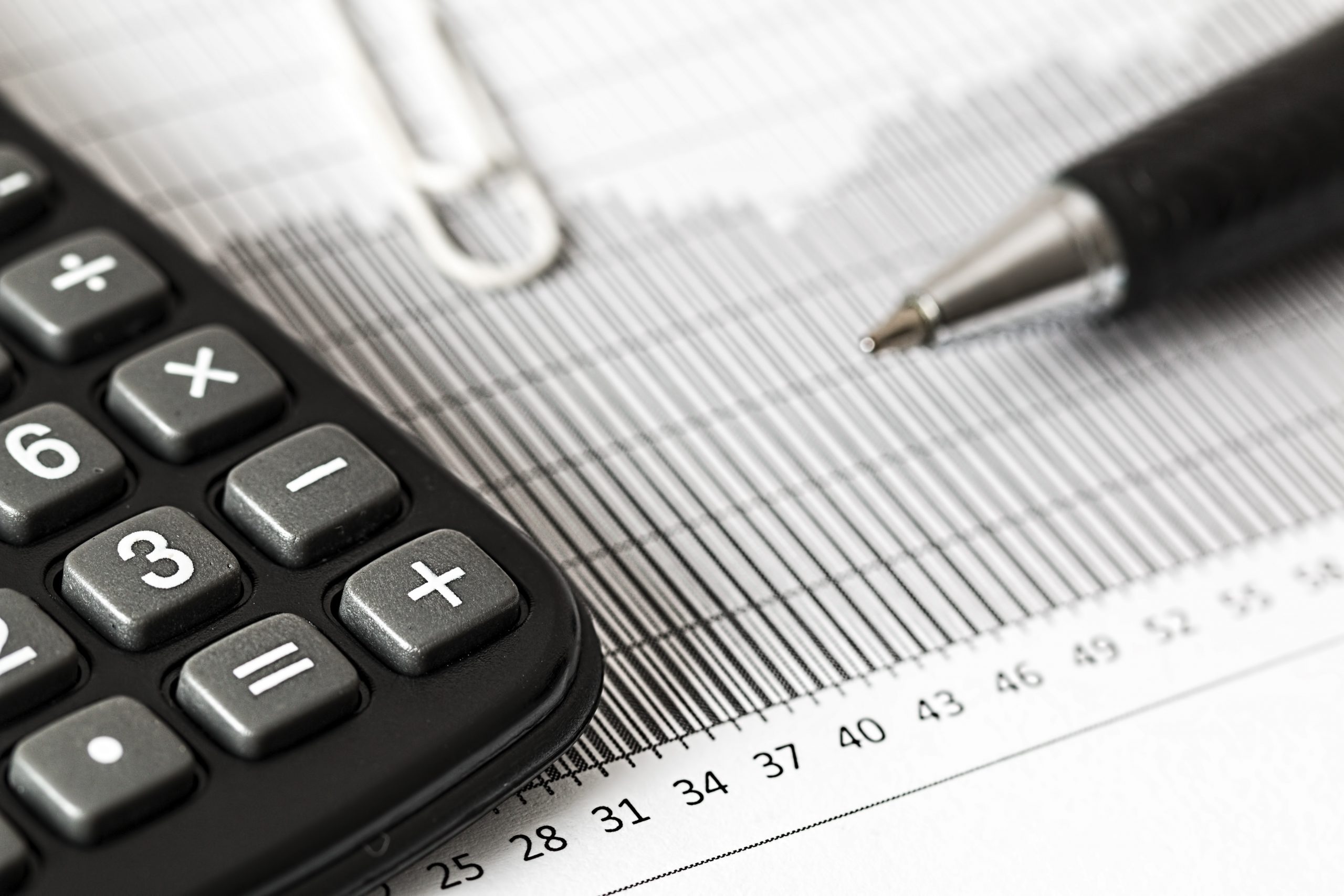Welcome to our cosy corner of the financial world, where we believe managing your taxes shouldn’t be a source of stress. Whether you’re navigating your tax return for the first time or you’re a seasoned pro looking to refine your approach, we’ve got some tips to make this process as smooth as butter on warm toast. So, let’s dive in and demystify the tax return process together.
Embrace the Power of Preparation
The early bird not only gets the worm but also enjoys a much less frantic tax season. Getting a head start on gathering your financial documents can transform your tax return experience from a nail-biter to a breezy stroll. Keep a dedicated folder for all your tax-related documents, such as P60s, invoices, and receipts for deductible expenses. This way, you’re not turning your house upside down come deadline day looking for that elusive piece of paper.
Know Your Deadlines (And Stick to Them!)
The UK tax year runs from 6th April to 5th April the following year, with the deadline for online tax returns being 31st January. Missing this deadline can lead to unnecessary fines, starting at £100 for being just a day late! Circle it, highlight it, set a dozen reminders – whatever it takes to make this date as unforgettable as your own birthday.

Utilise Your Allowances and Reliefs
Did you know the UK tax system is peppered with various allowances and reliefs designed to reduce your tax bill? From the Personal Allowance (the amount you can earn before paying tax) to savings allowances and even tax relief on charitable donations, there are numerous ways to lighten your tax load legally. It’s worth taking the time to understand what’s available to you.
Consider the Magic of Digital Tools
Gone are the days of tackling your tax return with just a pen, paper, and a calculator. The digital age has brought us a treasure trove of online tools and software designed to make tax returns easier. Platforms like HMRC’s own online services can guide you through each step of your tax return, ensuring you don’t miss a beat. Plus, digital records are not only environmentally friendly but also much easier to keep organised.
When in Doubt, Seek Professional Help
Sometimes, despite our best efforts, tax can still feel like a maze. This is where a good accountant comes into play. Whether you’re self-employed, own a small business, or just want to ensure you’re making the most of your tax situation, professional advice can be invaluable. Think of an accountant as your tax guide, leading you through the complexities with ease.
Remember, It’s Not Just About the Numbers
Lastly, while tax returns are fundamentally about finances, they’re also an opportunity to reflect on your financial health and plan for the future. Taking stock of your income, expenses, and savings can provide crucial insights into your financial habits and goals. So, while you’re crunching those numbers, take a moment to consider the bigger picture and how you can make your money work best for you.

There you have it – our guide to tackling your tax returns with confidence and, dare we say, a bit of joy. Remember, tax doesn’t have to be taxing, and with a bit of preparation and the right mindset, you’ll have it sorted in no time. Here’s to a smoother tax season ahead!
Please note, that all figures are correct at the time of writing





